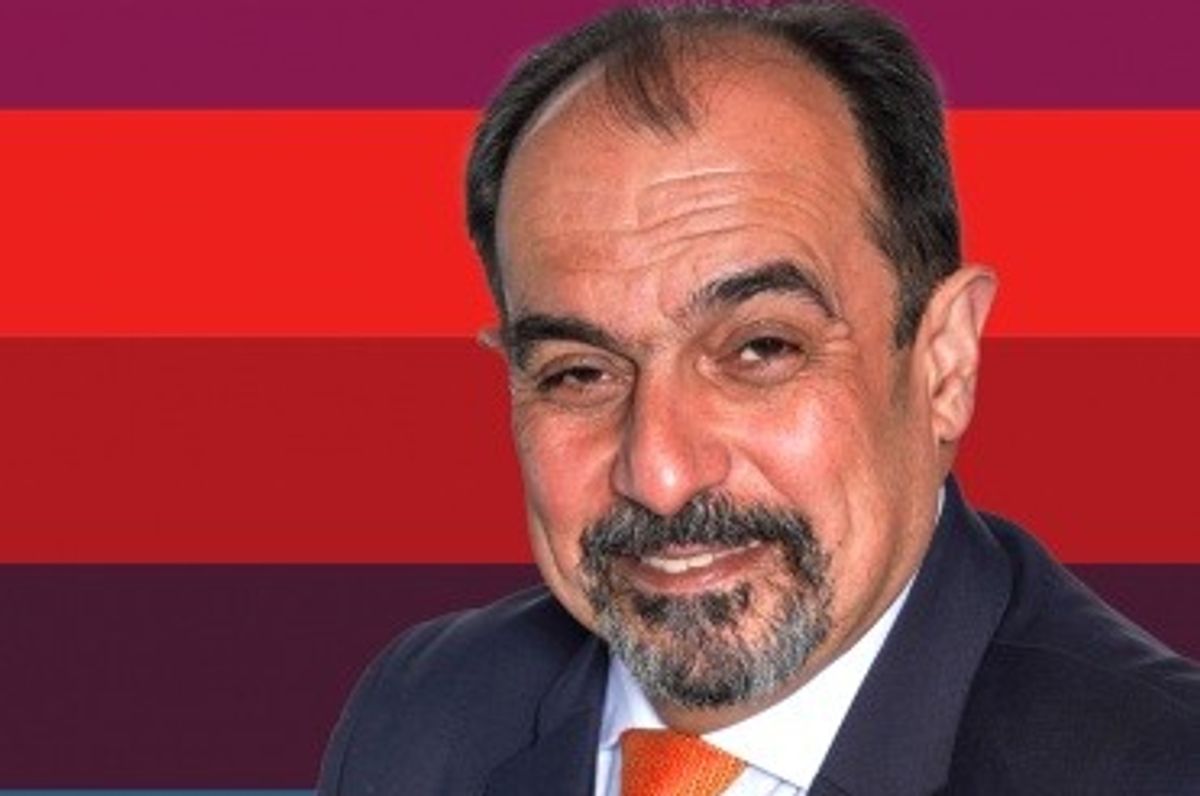The Federation of Independent Retailers (NFRN) has elected West Midlands member Narinder Randhawa as its national president for 2021-22.
Currently an ambassador for the NFRN Credit Union, Randhawa previously held positions at branch, district and national levels. He runs the Great Haywood Spar in Stoke on Trent.
During his acceptance speech at NFRN’s Annual Conference last week, he said: “I am not here to rock the boat, and I want to build on the hard work that has already been done by the immediate past president, Stuart Reddish, the NEC and the NC.
“My vision for the future is for the NFRN to look after the members with preferred deals, preferred banking terms and health deals. I want us to have preferred deals with say gyms, spa centres and hotels etc to give members the feel-good factor back.”
Randhawa said he would like to see more in terms of deals with the finance sector.
“I believe we have some very good deals for the members. However, there is nothing in the banking or finance sector. I believe we should keep knocking on the door of the finance sector until we get the banking deal we deserve – we need to keep the dialogue going.”


